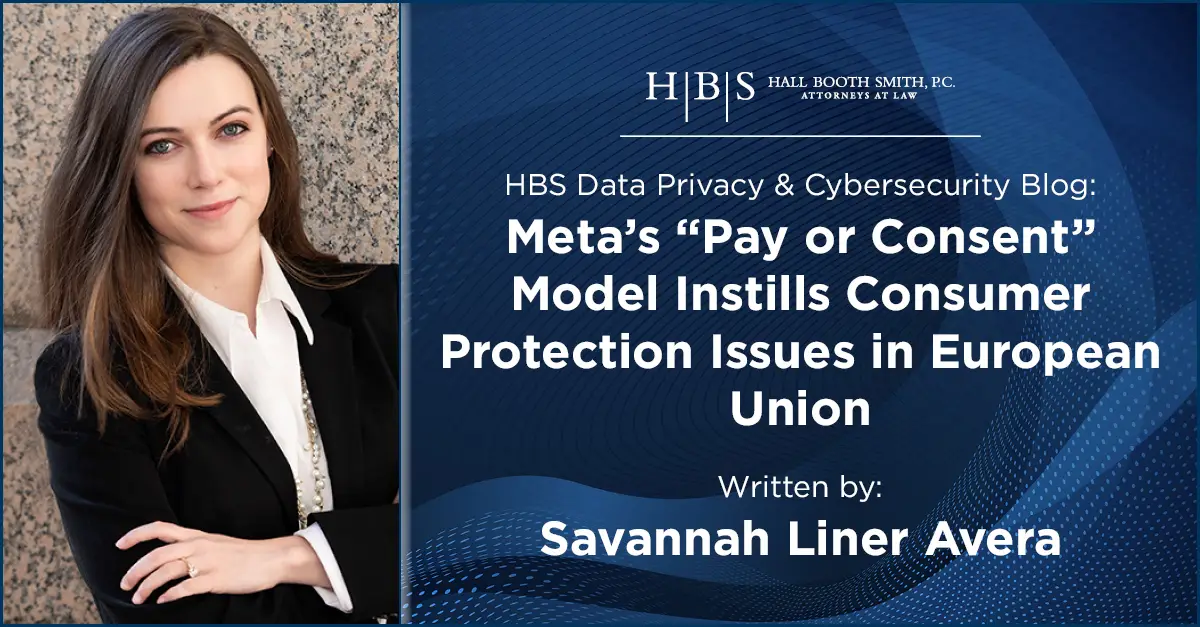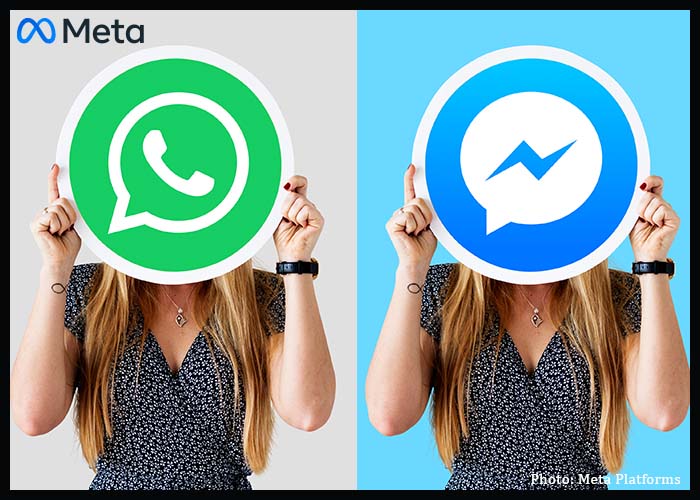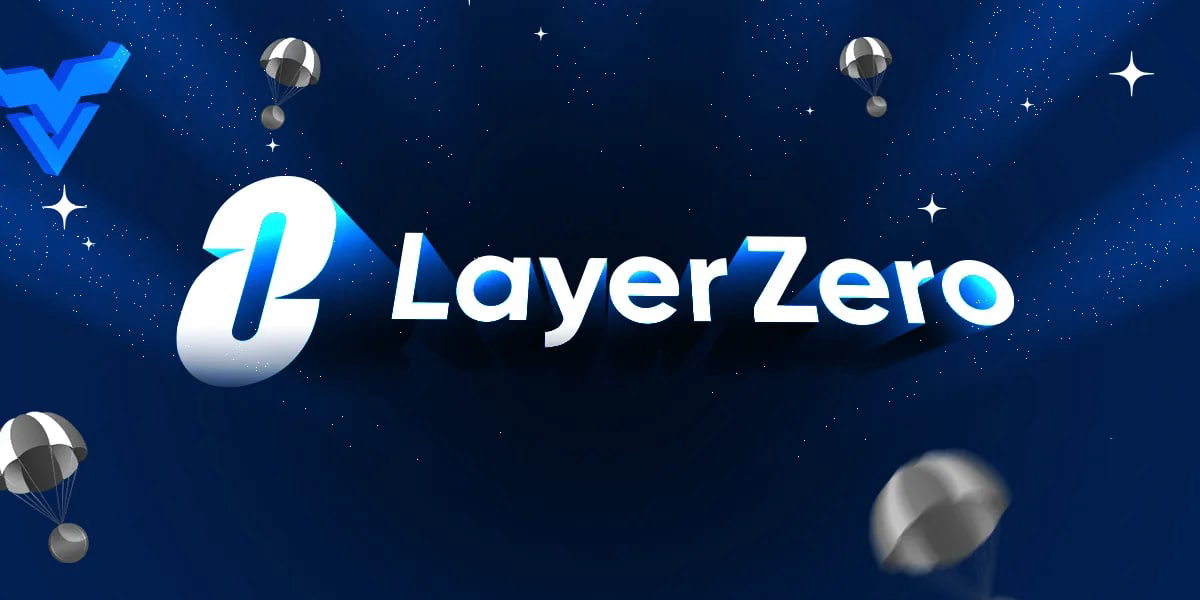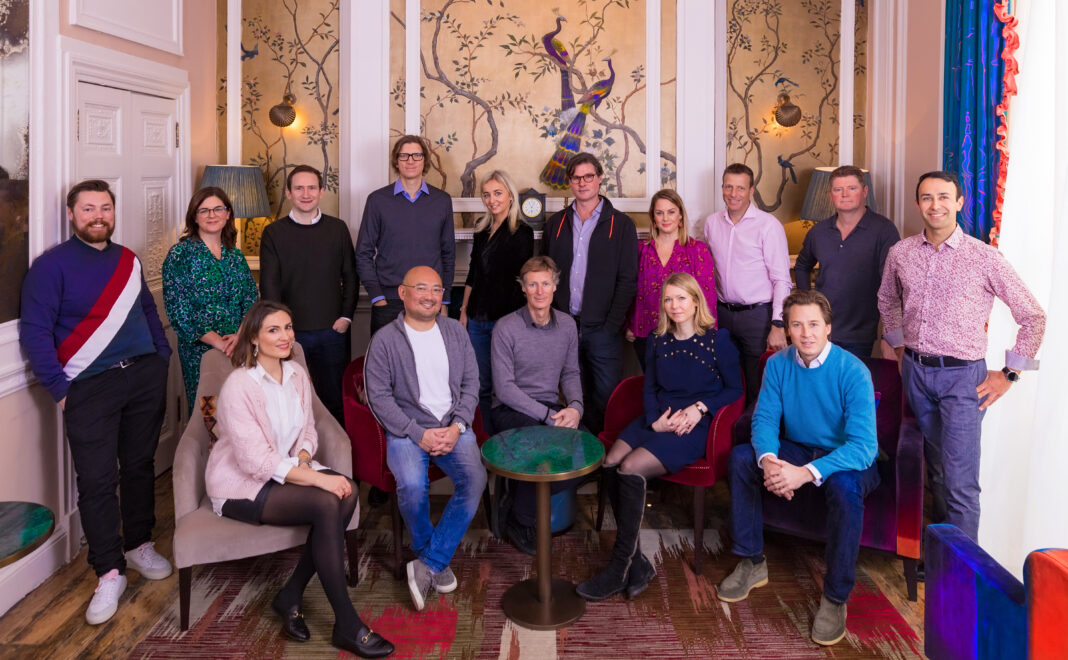On Friday, Meta detailed its plan to comply with the Digital Markets Act (DMA) concerning its messaging apps, Messenger and WhatsApp
Meta writes in a blog post that the DMA wants WhatsApp and Messenger to have a way to connect with third-party chat services and apps that work with each other.
Meta says it is adding notifications to WhatsApp and Messenger to let users know about these third-party add-ons and let them know when a new third-party chat app that works with these apps comes out.

The company says there will also be an onboarding flow in WhatsApp and Messenger where users can learn more about third-party talks and turn them on.
From the flow, users can place third-party messages in a separate folder or have all their messages in one mailbox.

For third-party chats, Meta will add group features in 2025. Meta will add voice and video calls in 2027 in line with the DMA in line with the DMA.
On top of that, Meta says it will add “rich messaging” features for third-party chats to WhatsApp and Messenger at an unclear time in the future. These include reactions, direct replies, typing indicators, and read receipts.

“We will continue to work with outside messaging apps to give you the safest and best experience,”`
In the post, Meta wrote. “People will be able to use the third-party chat feature once a third-party messaging service has built, tested, and released the technology needed to make the feature safe and enjoyable for users.”
The new tools that will let WhatsApp and Messenger talk to each other aren’t always a slam dunk. As we’ve already said, it’s unclear if other big messaging apps like Viber and Telegram will also support them.
End-to-end encryption is needed for WhatsApp to work with other apps, which could cause technical problems.
Additionally, Meta needs businesses to sign a contract that hasn’t been made public to connect to any of its services.
In a talk this year, Matthew Hodgson, the founder of the open-source messaging system Matrix, said that Matrix will work with WhatsApp “on an experimental basis” while keeping end-to-end encryption.
Meta is doing what it must to follow the DMA’s messaging rules, but the company is getting flak for supposedly breaking other parts of the law.

The European Commission said this summer that Meta’s “pay or consent” ad model did not follow the DMA. This model gives EU Facebook and Instagram users a choice between a paid version with no ads and a free version with ads.



